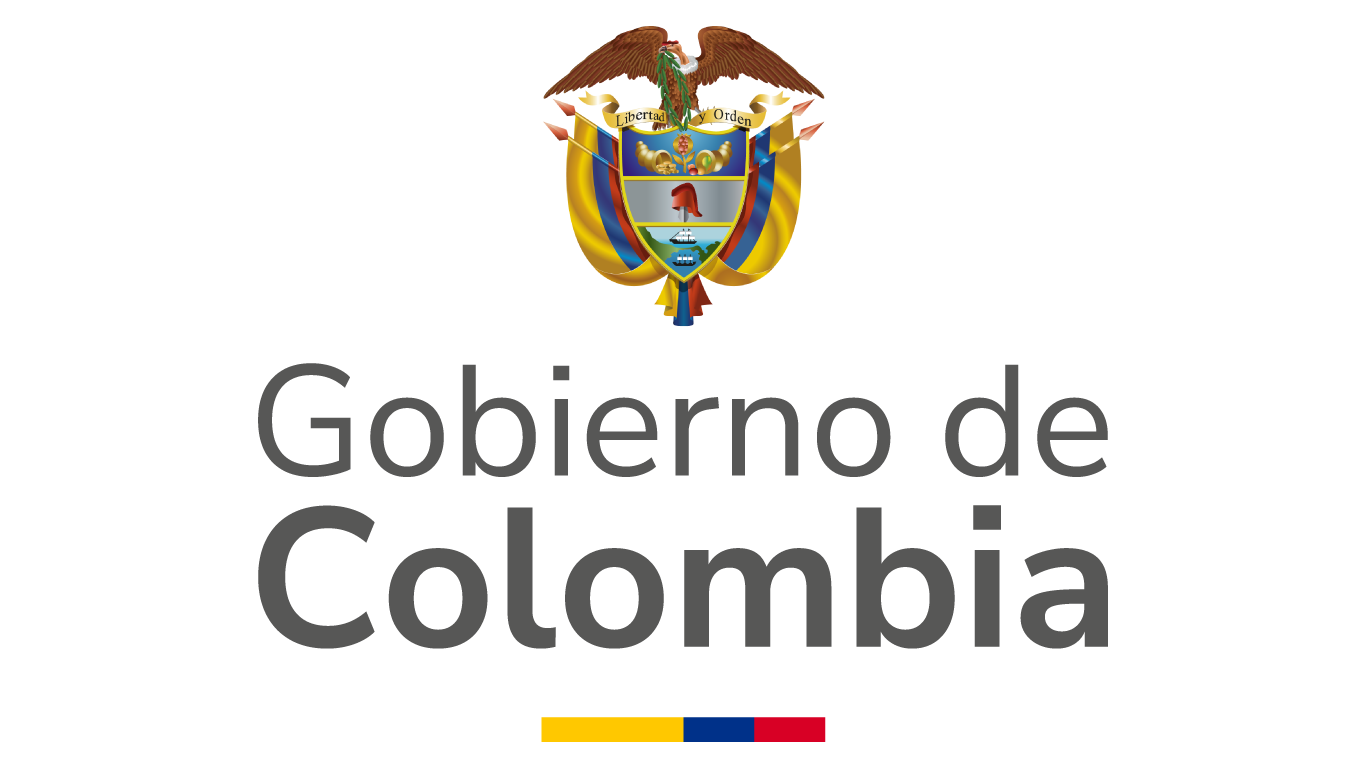Office of the United Nations High Commissioner for Refugees - UNHCR
The UNHCR was founded on 14 December 1950 with a mandate to lead and coordinate international efforts to protect the rights and well-being of refugees and find solutions to refugee situations. Since then, its mandate has expanded to include stateless people. UNHCR has a shared responsibility for internally displaced persons (IDPs) within an inter-agency approach.
The UNHCR’s main objective is to guarantee international protection to refugees and other people of interest to the organization, such as stateless persons, asylum seekers, returnees, and internally displaced persons, and to search for permanent solutions to their problems in cooperation with States and other organizations, including the provision of humanitarian assistance.
The main instruments that establish the rights of refugees and the legal framework for the UNHCR are the 1951 Convention relating to the Status of Refugees, and its 1967 Protocol, with 145 and 146 Parties, respectively.
The international legal framework with regards to stateless persons is derived from the 1954 Convention Relating to the Status of Stateless persons and the 1961 Convention on the Reduction of Statelessness, with 79 and 55 Party States, respectively. These are complemented by instruments at a regional level, such as the Cartagena Declaration, the Mexico Plan of Action and the Brasilia Declaration on the Protection of Refugees and Stateless Persons in the Americas. UNHCR’s mandate was extended in 2003 by the General Assembly.
UNHCR is headed by the High Commissioner, who is responsible for the direction of the organization, and is supported by a Deputy High Commissioner and two Assistant High Commissioners – one for Operations and the other for Protection.
The Office is governed by the General Assembly and Economic and Social Council and reports annually to both bodies. An Executive Committee (ExCom), formed in 1959 and comprised of 94 Member States, meets every October and approves the biennial programme and budget. The Standing Committee of the ExCom meets throughout the year.
The UNHCR is governed by the General Assembly and the Economic and Social Council, bodies to which they present yearly reports. Additionally there is an Executive Committee – ExCom, established in 1959 and composed by 94 Parties. This Committee meets every October and approves the Program and the biannual budget. The ExCom has a Standing Committee, which meets constantly throughout the year.
Colombia in UNHCR
Colombia was chair of the ExCom from October 2012 to October 2013, with the following main achievements:
- Modification of rules of procedure 10 and 11, through which the composition of the Bureau changes for a more inclusive and respectful geographical rotation
- Issue of the Conclusion for the year 2013 on civil registration
- Agreement on a declaration of the High Level Segment of the ExCom on solidarity and shared responsibility with host countries of Syrian refugees.
Colombia has a close relationship with this agency due to the support it brings with regards to attention to internally displaced population. In June 1998, by request of the Colombian Government, a country office of the UNHCR was opened to provide advice and contribute to the strengthening of the institutional capacity in responding to this problematic. To date, there are 14 regional offices.
The UNHCR and the Colombian Government signed a Memorandum of Intent in 1999, which lays the provisions for the scope of action and activities to be developed by this organization, such as advising state institutions, and providing technical cooperation in the diverse phases of displacement, including prevention and search for durable solutions. Additionally, the agreement incorporates activities to foster international cooperation and coordination among different initiatives, both at the national and international level, in favor of the displaced population. The mandate to the UNHCR was renewed through a tri-annual plan for 2012-2014.
Colombia is signatory to the 1951 Convention Relating to the Status of Refugees, and its 1967 Protocol, as well as the 1961 Convention on the Reduction of Statelessness.
The organization in charge of matters related to internally displaced population in Colombia is the Victims Unit, which deals with emergency attention and provides humanitarian assistance to internally displaced persons, among other functions.
Statements of Colombia
PDF: Intervention of Colombia at the 60th Session of the Executive Committee 01/07/2014 (Spanish)








